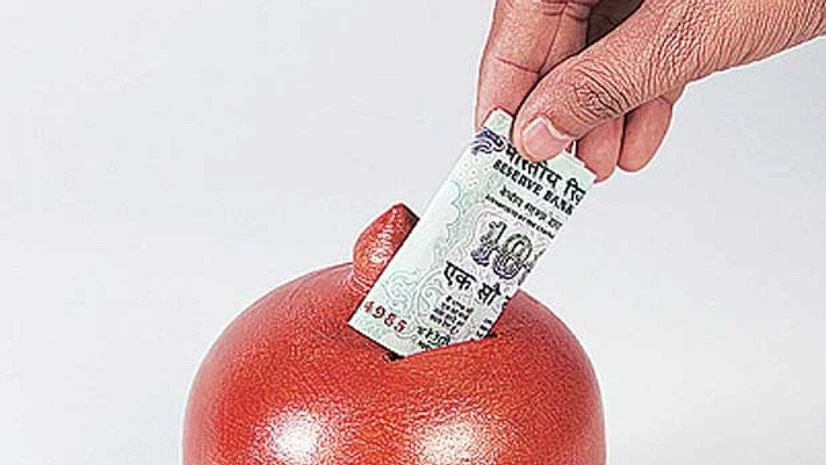Decline in gross savings, estimated to have fallen to 31 per cent of gross domestic product (GDP), needs to be contained as relying on foreign savings puts pressure on the current account, says a DBS report.
Domestic savings are required to fund investment, which otherwise must be financed with foreign capital.
"The fall in savings needs to be arrested given India's investment needs. Relying on foreign savings puts pressure on the current account and the returns from that investment go abroad as well," said Radhika Rao, Economist, DBS.
In the near-term, she added, the authorities need to continue encouraging households to shift from physical savings to financial avenues.
According to the International Monetary Fund, India's gross savings rate has fallen to 31 per cent of GDP from 37 per cent in 2007-08.
DBS said the slowdown is more a function of low incomes, tough economic conditions, falling real returns and high inflation, rather than structural impediments of a rising dependency ratio or a fall in working age population.
More From This Section
"Although structural tailwinds are in place, the savings rate continues to stagnate, pointing to cyclical hurdles," DBS said in a research note.
The report further noted that demographics are one of India's key strengths. While Japan, China and many western countries grapple with ageing populations, India's dependency ratio is declining.
The working age group (15-64 years) makes up close to two-thirds of the overall population and the growth in the working age population will exceed overall population growth for at least two more decades, pointing to a sustained fall in the dependency ratio.
"Not surprisingly, household savings now make less than a quarter of their disposable incomes, from above 30 per cent earlier," the report noted.
On the policy front, further significant rate cuts are thereby unlikely in the interest of maintaining positive real and nominal deposit rates. We look for a 25 bps cut in December, before rates plateau, contingent on sharp disinflation to or below 5 per cent and dovish monetary policy committee.
The Reserve Bank of India on August 9, left key interest rates unchanged in his last monetary policy review as inflation hit near 2-year high but said the central bank's stance remains accommodative.

)
